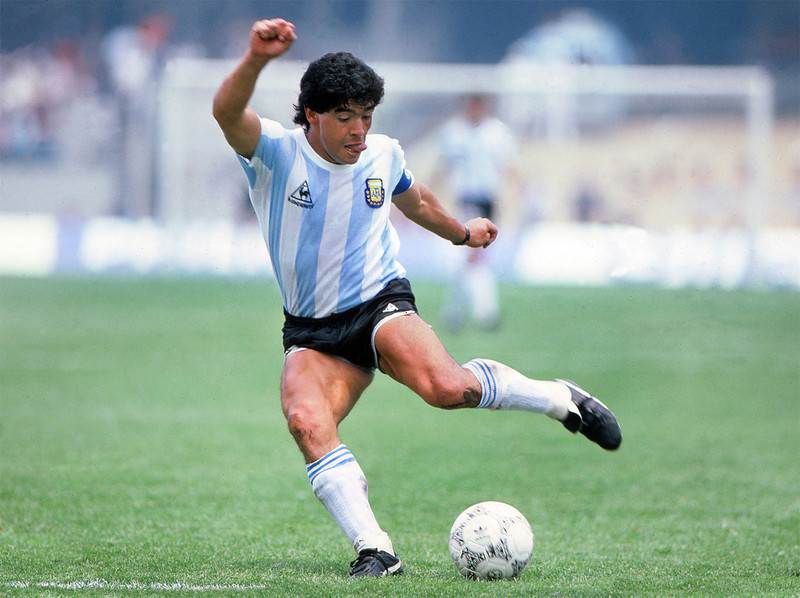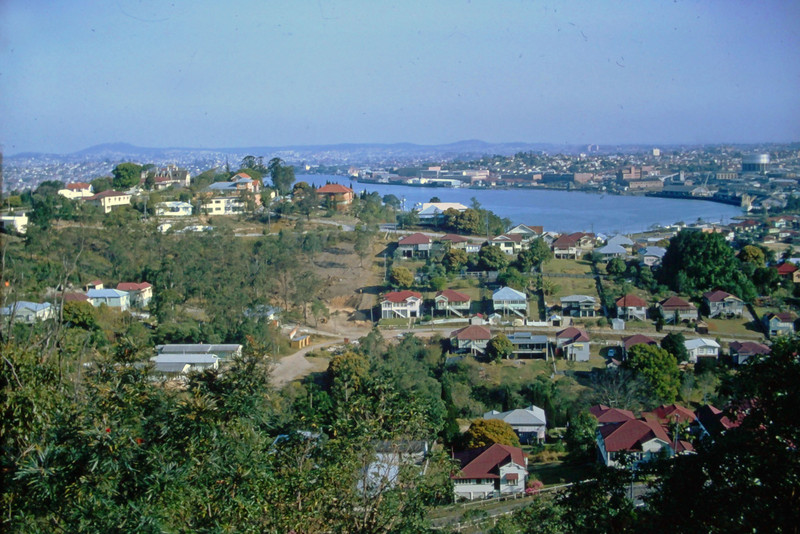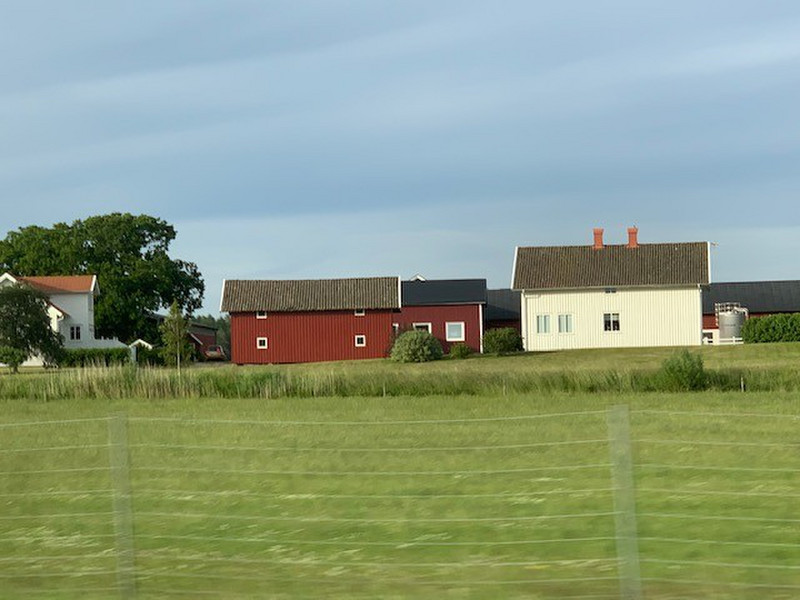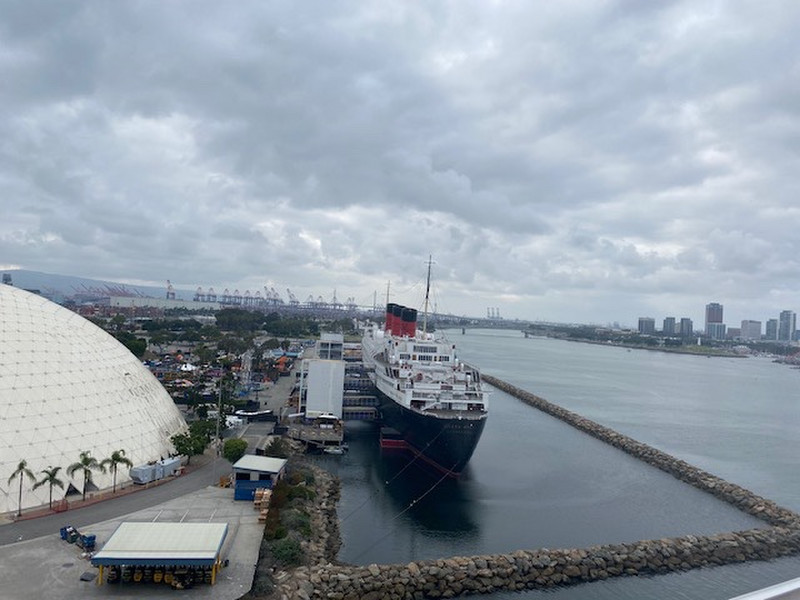Diego Maradona is dead. One of the greatest footballers of all time – perhaps the greatest – died yesterday, November 25th, in Buenos Aires at the age of 60. Nine ambulances arrived to try and revive him after he was found lifeless, apparently from a heart attack, shortly before midday at his rented home. Maradona had been recovering from brain surgery.
The Argentinian President has decreed three days of national mourning to honour the memory of Diego Armando Maradona the best football player in the world and a person who made Argentinians immensely happy. At least one million people are expected to march past Maradonas coffin tomorrow while he lies in state at the Casa Rosada Presidential Palace in Buenos Aires.
The life of Maradona has been documented to the nth degree, so I am not going to repeat what is already however, I would like to say a few things about the great man from my own personal experiences.
Maradonas impact on the 1986 World Cup was devastating. Never has a single footballer influenced a tournament or captivated a global audience as Maradona did in 1986. He burst upon an unsuspecting world like some brilliant
I was living in Cairo at the time and watched the World Cup either in Roy Rogers Restaurant (inside the Marriott Hotel) or on my friend Chris Charlesons TV. Maradona could do no wrong. Whenever he received the ball, he did something spectacular.
Maradona became an overnight hero to the Egyptians. They adored him, and cafes were renamed after him. One day an Egyptian asked me where I was from and, wanting to see his reaction, I replied: Argentina. I was immediately surrounded by a crowd of excited Egyptian men wanting to discuss their hero.
Maradonas stint at Napoli was remarkable. He led an unheralded Napoli side to two Serie A titles and was venerated almost as a saint. Following news of his death yesterday, hundreds of fans gathered in front of the giant Maradona murals in the Spanish Quarter of Naples. Today, football died, one fan told Sky News. Or, as Naples Mayor Luigi de Magistris eloquently put it: Diego made our people dream, he redeemed Naples with his genius. I will never forget the 1990 World Cup in Italy, where Maradona received the Napoli supporters, instead of supporting
their home country, chose instead to support Argentina, because that was the country their idol played for.
I spent two years teaching in Buenos Aires – from 1996 to 97. Maradona was by then well past his prime but playing for Boca Juniors and, despite a history of failed drug tests, very much an Argentinian icon. During my first week at school, a boy asked me two questions: what did I think of the Malvinas (Falklands) War and what did I think of Maradonas ‘Hand of God goal against England? Knowing I was from England, the student was trying to embarrass me in front of the class. I rose to the occasion. I said it was ridiculous, an imperial anachronism, that the UK should own some islands off the coast of Argentina. This elicited cheers. Then, flaunting my football knowledge, I declared that Maradonas infamous goal was clearly a case of cheating but that his other goal in the same game – when he dribbled through the England defence – was sublime. This elicited more cheers.
With another class I debated the eternal question of who is the greater footballer – Maradona or Pele. My own view at
the time was that Peles heading ability made him slightly superior, but nowadays Im not so sure. Lets just say that Maradona, Pele, Cruyff, Di Stefano, Beckenbauer, Messi and perhaps a few others are the greatest of all time.
Today I had an English lesson with a Vietnamese girl who seldom reads the news. She had heard, though, of Maradonas death. We discussed him a little, and I made the point that Maradona was a classic case of sublime talent existing within a deeply flawed person. George Best and Miles Davis are other examples. We then talked about what is more important: to be a genius or a decent human being.









